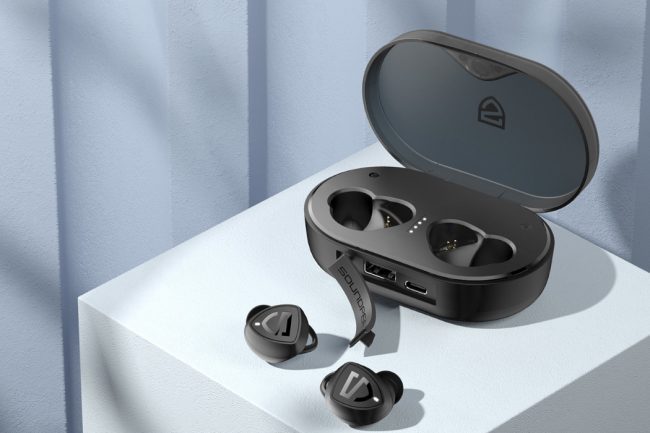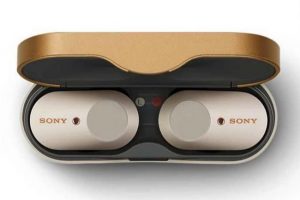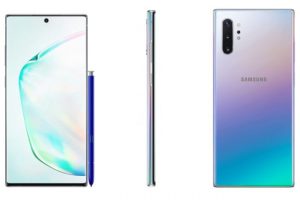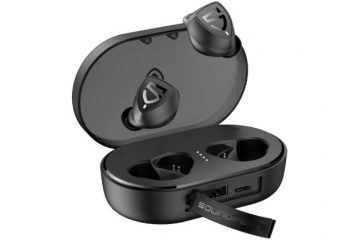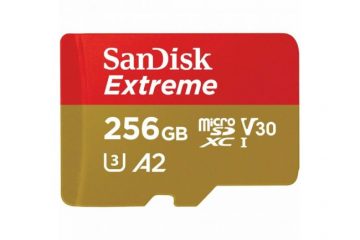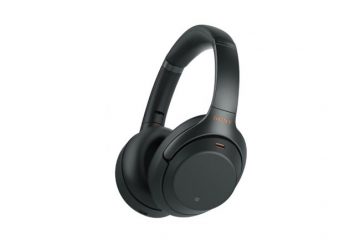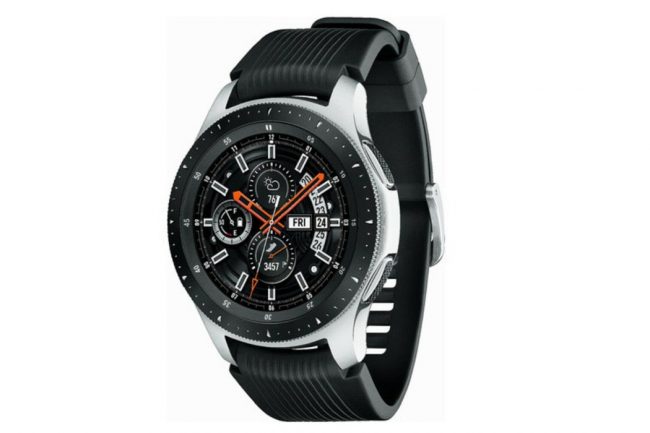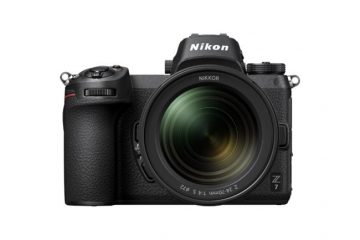SAMSUNG INTRODUCES A 50-MEGAPIXEL CAMERA SENSOR WITH FASTER AUTO-FOCUS
Auto-focusing and light information that can be translated up to 100MP

Samsung has been doing good when it comes to improving the cameras of its smartphones. The company has taken a giant step in this direction. It has unveiled the plans to launch a new 50-megapixel camera sensor known as the ISOCELL GN1. Read about this latest innovation below.
The camera sensor is the first one from the smartphone maker that has Tetracell pixel-binning and dual-pixel autofocus. It is good news for the camera lovers as it would probably offer a combination of good low-light image quality and faster performance.
The pixel size is 1.2μm which is more like what was available on a conventional phone camera sensor rather than high-resolution chips which have become popular in the last few months. The primary competitor for Samsung in this arena is Sony’s new IMX689 sensor that is featured on popular smartphone devices like Oppo Find X2 Pro that has 48 megapixels at 1.22μm. By default, the Samsung camera sensor will take 12.5 MP photos with four pixels binned into just one.
The addition of the much-talked-about dual-pixel phase detection autofocus is interesting because Samsung has already failed in that area. It’s recent device, the Samsung Galaxy S20 Ultra had 108-megapixel camera sensor without dual-pixel technology. It suffered from very poor autofocus performance. Samsung said it would issue a fix, but that hasn’t happened to date.
Whatever Samsung’s past mistakes or failures were like, the fans of the brand could be excited about the combination of fast autofocus speed and high resolution, which seems to be a priority with the ISOCELL GN1.
Talking about the development, the Executive Vice President of Sensor Business at Samsung Electronics, Yongin Park said “With innovative pixel technologies, Samsung has been at the forefront of offering high-performance image sensors that closely cater to increasingly diversifying market needs. The ISOCELL GN1 is part of that commitment to deliver stunning images to consumers in any environment. We will continue to introduce image sensor solutions at the cutting-edge that will lead the next trends in mobile photography.”
Samsung also said that the camera sensor has already entered mass production this month, so it is likely that it will show up in smartphone devices soon enough.


